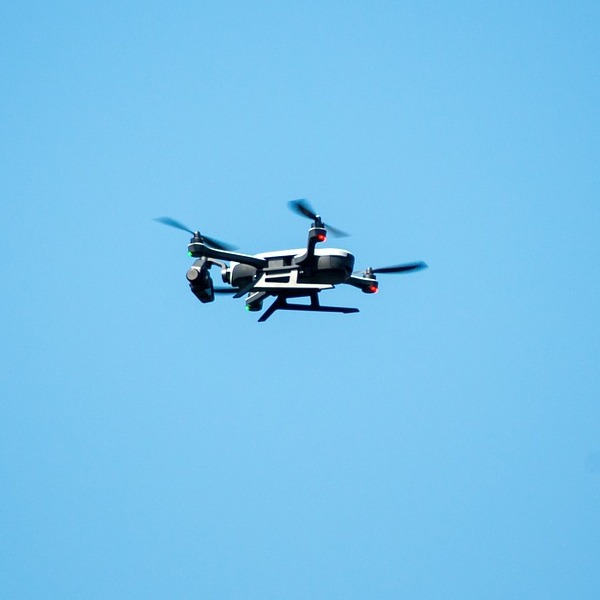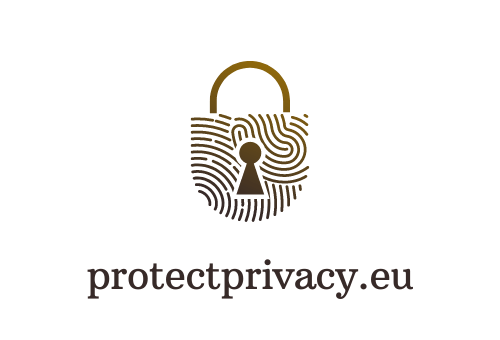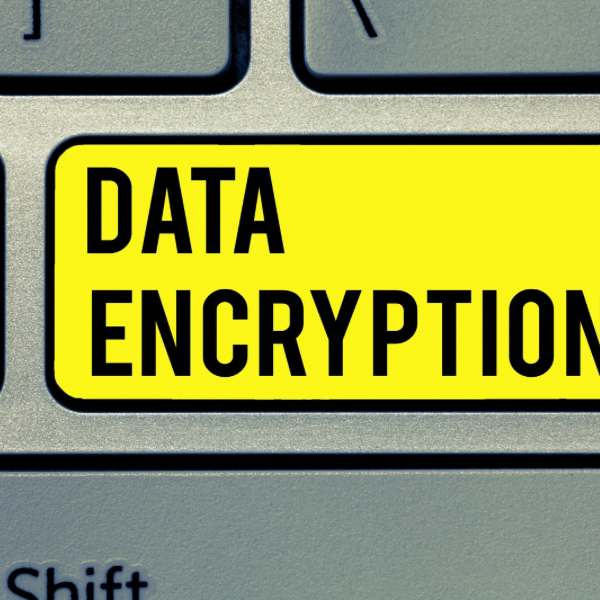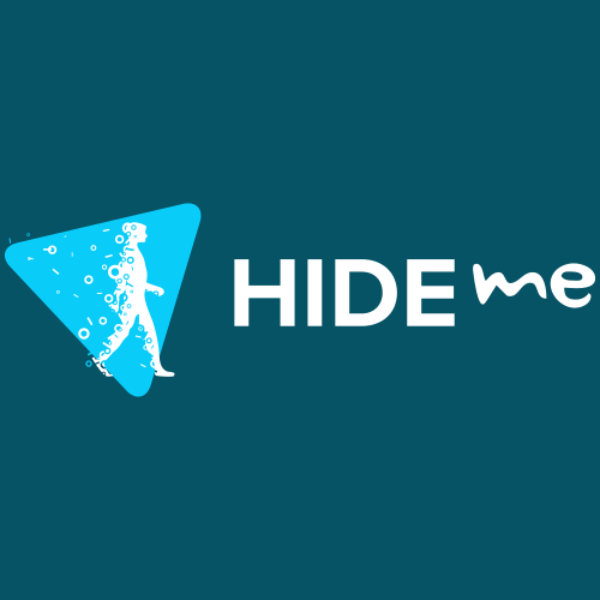The Psychology of Surveillance: How Constant Monitoring Shapes Our Behavior

We’re watched more than ever before—by governments, corporations, social platforms, and even our own devices. From CCTV cameras in city streets to cookies tracking our clicks, the era of constant surveillance is here. But while much of the conversation around surveillance focuses on data security and privacy rights, there’s another critical piece often overlooked: the psychological toll of being watched.
The Silent Sculptor: Surveillance as a Behavioral Force
Imagine walking into a room with a mirror. You instantly fix your posture, adjust your hair, and maybe smile. Now imagine that instead of a mirror, it’s a camera. The change in your behavior isn’t just incidental—it’s psychological conditioning.
This phenomenon is known as the “observer effect”—people modify their behavior when they know they’re being watched. In the realm of digital surveillance, this goes far beyond physical presence. From the moment we realize our online activity is being tracked, even passively, our behavior begins to shift in subtle but profound ways.
The Rise of the Internal Watchdog
One of the most insidious effects of constant monitoring is self-censorship. In psychology, this is closely tied to the concept of “panopticism,” inspired by the Panopticon—a prison design where inmates can be watched at any time but never know exactly when. The result? Inmates police themselves, just in case they’re being observed.
Today, we live in a digital Panopticon. Whether it’s avoiding controversial topics in online searches, hesitating to “like” a political post, or refraining from exploring sensitive health information, we often unconsciously restrict ourselves to appear more “acceptable” to the invisible audience behind the screen.
This internalized surveillance becomes a powerful form of control—one that doesn’t require active enforcement. It shapes not only what we do, but how we think and perceive ourselves.
Productivity, Anxiety, and the Illusion of Transparency
While employers argue that monitoring employees boosts productivity, studies show a darker side. Constant tracking through keystroke logging, webcam monitoring, or screen sharing tools can:
- Erode trust between employer and employee
- Increase stress and burnout
- Trigger anxiety disorders and feelings of helplessness
Surveillance creates an illusion of transparency and control, but often at the cost of mental health. Instead of fostering accountability, it breeds fear of mistakes, discouraging creativity and authentic communication.
The Algorithmic Mirror: When Machines Judge Behavior
Surveillance today isn’t just passive watching—it’s active interpretation. AI and machine learning systems parse behaviors to detect threats, assess risks, or target ads. This means your every online action feeds into an algorithm that forms judgments: Are you a good employee? A credit risk? A political extremist?
These automated assessments can lead to digital redlining, where certain users are denied opportunities based on predictive profiling. In turn, people begin to game the system, altering their behavior not to express themselves freely, but to appear palatable to the algorithm.
Reclaiming Autonomy in a Watched World
So, what can we do? First, awareness is power. Understanding how surveillance affects your behavior is the first step toward regaining autonomy.
Here are a few practical tips:
- Use privacy-focused tools: Opt for browsers like Brave, use VPNs, and block trackers with plugins like uBlock Origin.
- Practice digital minimalism: Limit the amount of data you share online—if an app doesn’t need your birthday, don’t give it.
- Educate yourself and others: Surveillance thrives in ignorance. The more we understand, the better we can resist its effects.
- Advocate for ethical tech: Support platforms and companies that value privacy, transparency, and user rights.

Final Thoughts
Surveillance doesn’t just threaten our data; it reshapes our identities, decisions, and freedoms. In a world where being watched is the norm, choosing how to live authentically becomes an act of quiet rebellion.
Let’s remember: Privacy isn’t about hiding; it’s about having the freedom to be fully human—without fear, without pretense, and without a camera always watching.







